


Inclusive employment has become an increasingly important issue in Indonesia. With growing awareness and stronger government policies, more organizations are realizing that hiring people with disabilities is not only a social responsibility but also a smart business move.
Creating an inclusive workplace leads to innovation, productivity, and a stronger sense of community.
Here are five key facts about how disability inclusion is shaping the future of work in Indonesia.
According to Law No. 8 of 2016 on Persons with Disabilities, private companies with more than 100 employees are required to allocate at least 1% of their job positions for people with disabilities.
This regulation aims to ensure equal opportunity and demonstrate corporate commitment to diversity and inclusion.
Public institutions and state-owned enterprises (SOEs) have a higher quota — they are required to provide at least 2% of job positions for people with disabilities.
This policy ensures that the public sector sets an example in promoting equality and inclusion in the workplace.
Studies show that employees with disabilities are just as productive and loyal — if not more so — than their non-disabled peers.
Their resilience, problem-solving skills, and strong work ethic make them valuable assets for any inclusive organization.
Inclusion starts at recruitment. Job interviews can be conducted in different formats — written, via video, or with an assistant — as part of reasonable accommodation.
This ensures that every candidate has a fair opportunity to present their skills and potential.
People with disabilities can pursue careers in a wide range of industries, from hospitality and design to data analytics and information technology.
This shows that ability, not disability, defines one’s potential to succeed in the workplace.
Inclusive employment is not just a legal obligation — it’s a strategy for building a stronger, more empathetic, and sustainable workplace.
By creating opportunities for people with disabilities, companies can drive innovation, boost morale, and strengthen their social impact.
Let’s continue working together to build a future where everyone has the opportunity to grow, contribute, and succeed.